Each submission gets timestamped with EST time and gets a unique identifier
assigned, example:
S10056

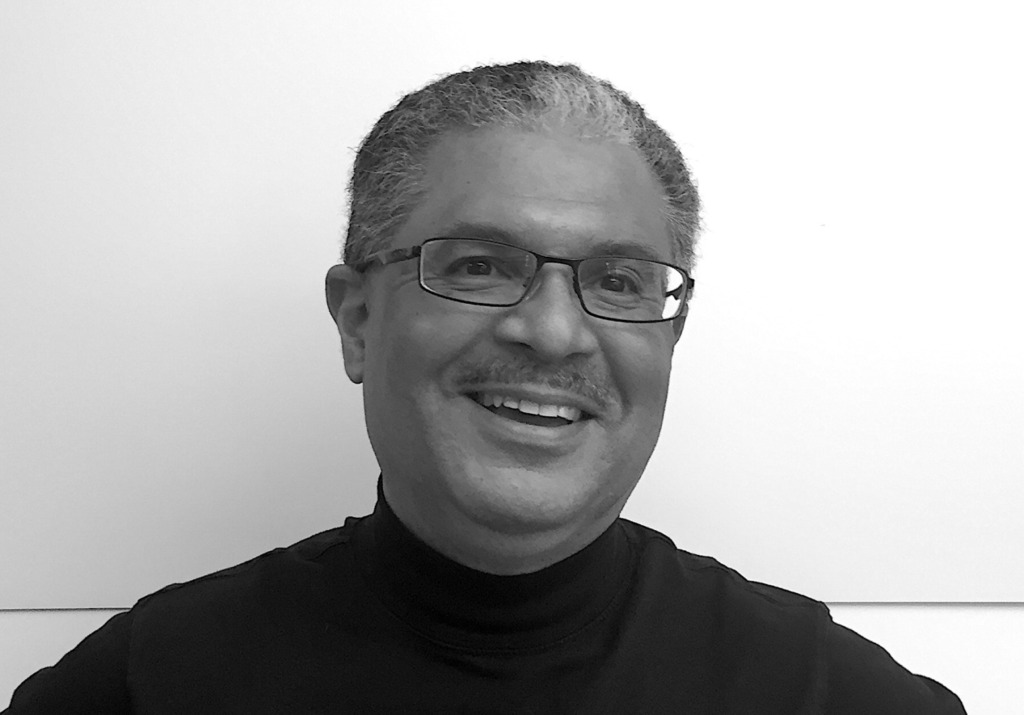
October 11, 2021
by: Tiara Hughes, NOMA
Born in San Francisco into a single-parent household, Irving is the first American-born from Nicaragua and of self-made women entrepreneurs. Irving received his Bachelors of Art in Architecture at UC Berkeley where he got his first job in an architecture office while still a junior on a bet and a dare, volunteering on the Student Chapter of the AIA, San Francisco and not coincidentally later becoming the 2015 Chapter President of AIA San Francisco. He leads a small firm of up to 7 staff with a 30+ year career at his award-winning, community-based architecture firm, G7A | Gonzales Architects that emphasizes urban architecture. On more complex projects, G7A partners with larger well-known firms in the Bay Area, expanding the firm’s accomplishments and contributions to the community. After working 7 years for Denis J. Shanagher, AIA on projects for various Catholic dioceses, he opened his practice through baptism by fire following the 1989 Loma Prieta earthquake to restore his first single room occupancy hotel damaged in the event. The firm’s primary clients are not-for-profit service providers and affordable housing developers providing homes and shelter for the formerly homeless, low-income residents, families, Veterans and people with special needs.
Tiara Hughes: How did you first become interested in architecture?
Irving Gonzales: From early on, an empathetic approach to many challenges of life informed my ethos. Work experiences such as contributing to the family grocery store, pharmacy and bakery was also informative in my early architecture interest. Furthermore, collecting and reading comic books and carving out imaginative “buildings” from appliance cardboard boxes with a pocket knife given to me by my stepfather all led to a fascination of creating spaces. Expanding my spatial understanding by exploring light to illuminate and give space form was how I depicted the passing of time while framing views. Then came Legos, that cinched it! Prior to this realization, I studied journalism (storytelling), law, graphic design and was constantly doodling. With inspiration from my stepfather (a Master Sergeant in the Army medical corps), I even considered medicine. The culmination of these experiences confirmed my path to architecture. Our profession embodies many of these disciplines and more while allowing a pursuit of the creative rewards and satisfaction of designing the built environment. We get to design within the larger context of an urban landscape and contribute to community, one project at a time.
“The profession of architecture has long been a domain of older white males. Not letting that fact deter me, I embraced it and sought out colleagues, mentors and organizations that represented us, architects of color and all the shades of the creative design community.”
TH: When did you first learn about NOMA, and how have you been involved over the years?
IG: The profession of architecture has long been a domain of older white males. Not letting that fact deter me, I embraced it and sought out colleagues, mentors and organizations that represented us, architects of color and all the shades of the creative design community. NOMA, although primarily reflective of a substantial and supportive African American membership has nonetheless had a broader appeal and approach to represent all minorities. NOMA recognizes, supports, elevates and amplifies their voices for the betterment of the profession. My first exposure consisted of small local gatherings but the greatest excitement was when I attended my first national conference in Brooklyn in 2019. I was amazed to see, hear and speak with so many like-minded creatives, mover and shakers, disruptors, as well as contributors to, and advocates of the profession!
“NOMA, although primarily reflective of a substantial and supportive African American membership has nonetheless had a broader appeal and approach to represent all minorities. NOMA recognizes, supports, elevates and amplifies their voices for the betterment of the profession.”
TH: How has NOMA impacted your professional trajectory?
IG: NOMA has provided a balance to the two worlds we all live in America, and has elevated G7A and me from under the radar, being featured in a Metropolis series of design firms. Additionally, NOMA has elevated me by inviting me to speak and present at various NOMA events and symposiums.
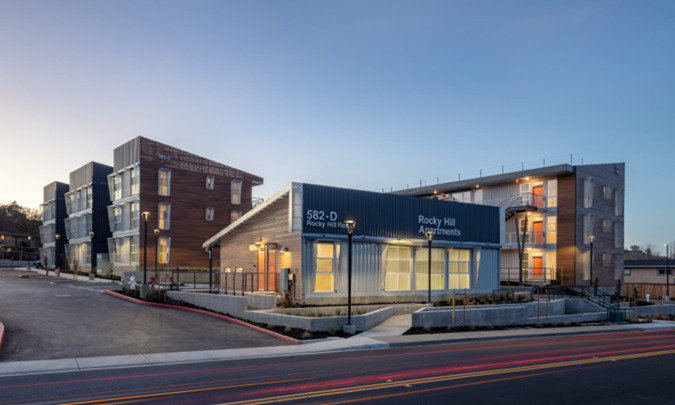
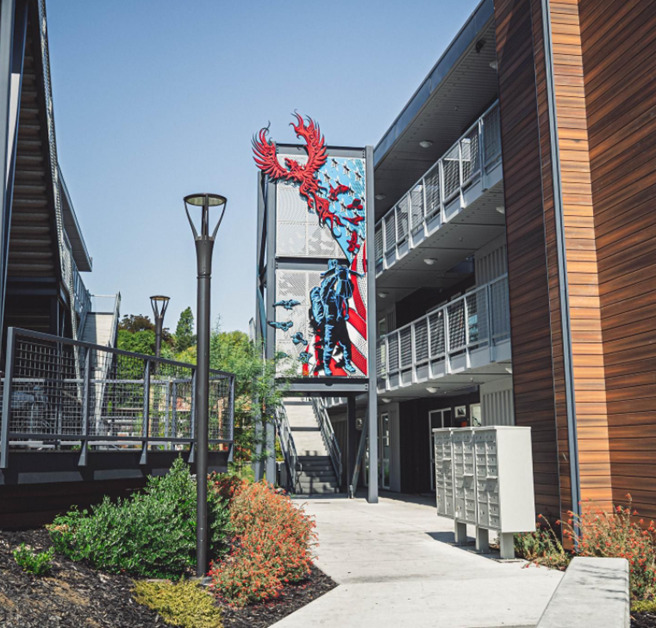
“Advocacy is huge for empowering those who are marginalized. Similarly, our work that celebrates and uplifts underrepresented communities of color is equally important. I get great satisfaction whenever I volunteer as an Architect because I hope to have a lasting impact in someone’s life, one project at a time.”
TH: Can you share some of your most meaningful architectural work?
IG: While it is true that architects love to design, there is more to the complexity and complexion of the profession. Being an ‘Architect’ is a huge responsibility. As a professional architect, we have the ability to effect positive change for the built environment and the daily lives of those who live, work and play in our collaborative creations. Our contributions do not always involve design. Advocacy is huge for empowering those who are marginalized. Similarly, our work that celebrates and uplifts underrepresented communities of color is equally important. I get great satisfaction whenever I volunteer as an Architect because I hope to have a lasting impact in someone’s life, one project at a time.
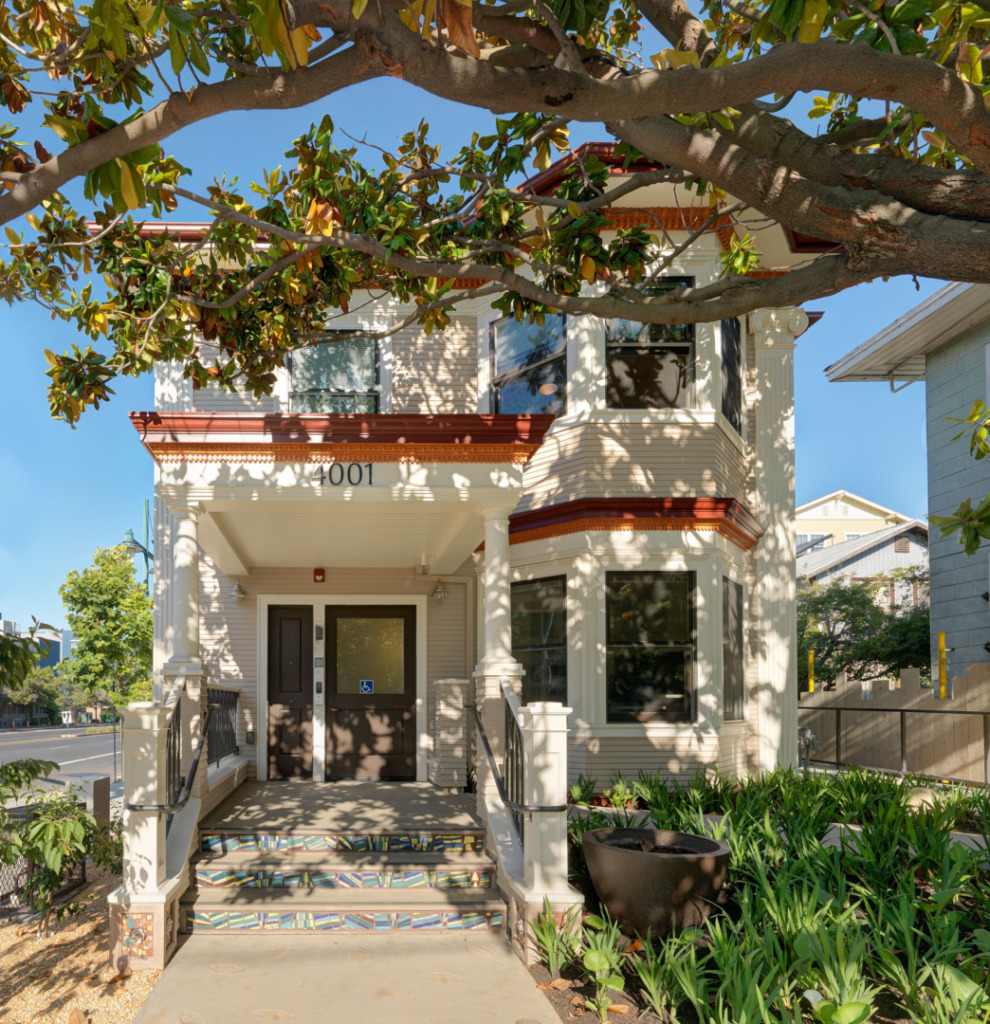
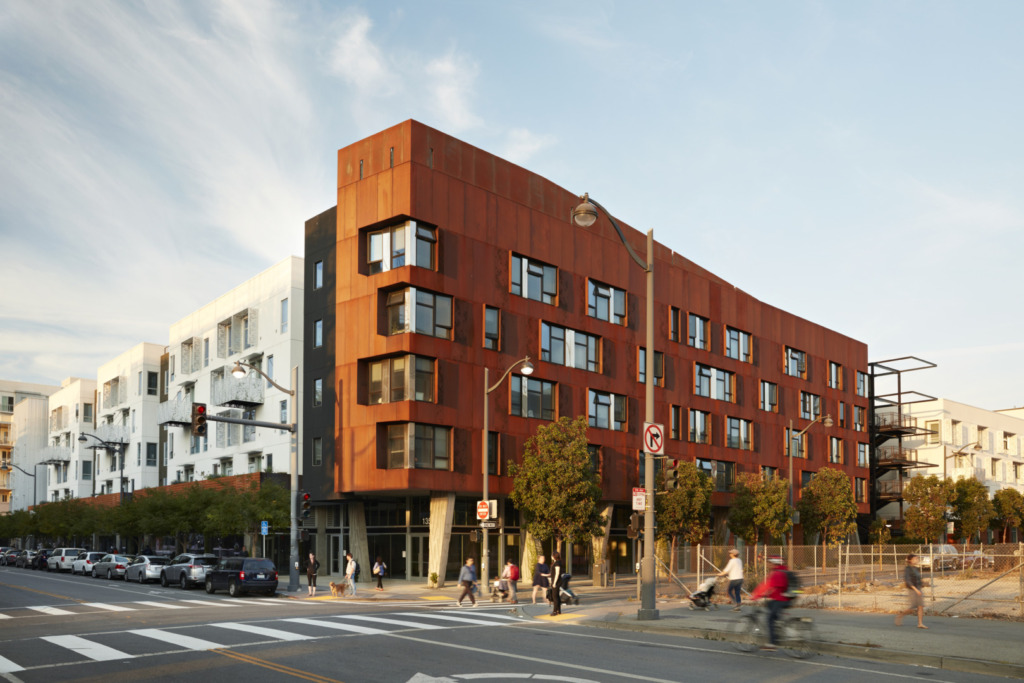
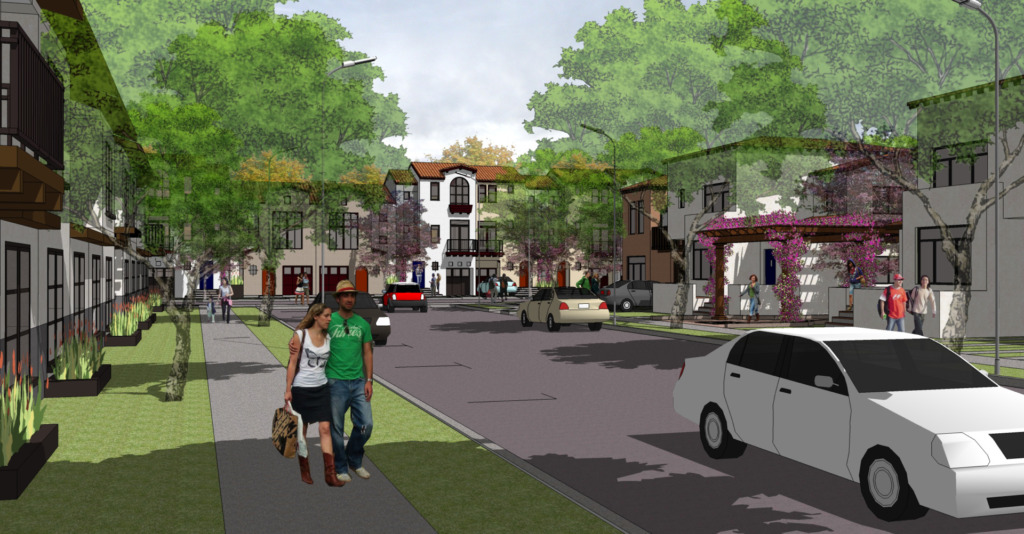
TH: Do you recommend people become a member of NOMA, and if so, why?
IG: JOIN! JOIN! JOIN!
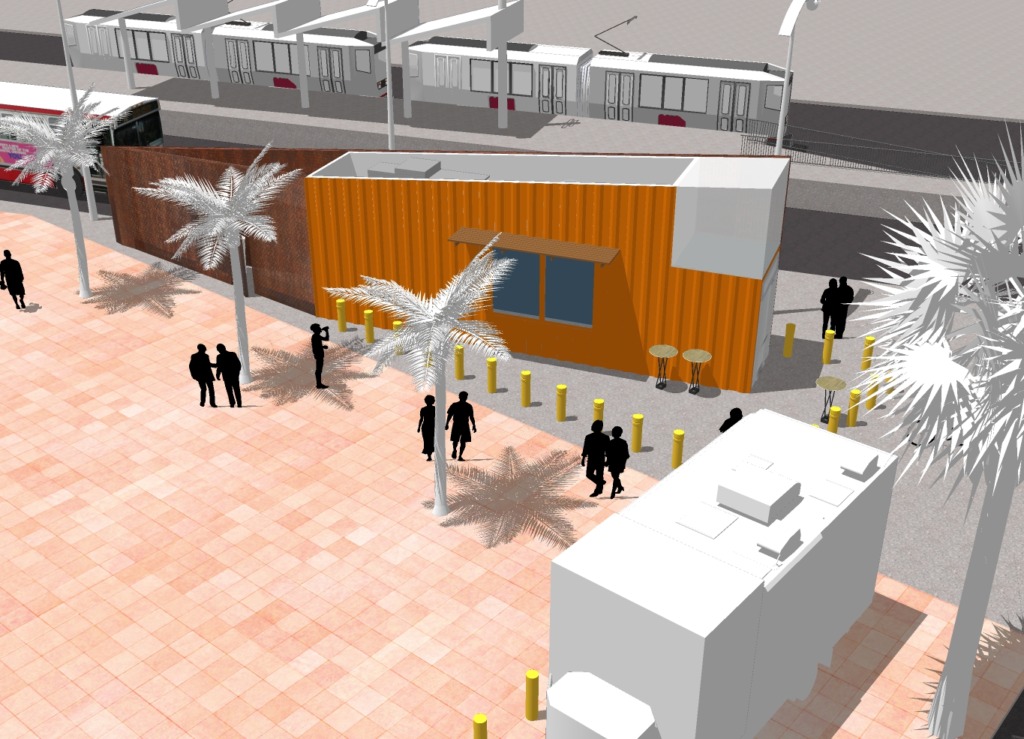
TH: What advice do you have for our NOMAS membership, as they begin their architectural careers?
IG: I learned this very early on in my career path (and encouraged as well as supported by some of those same “older white males). Be a member and contributor to as many groups, colectivos and organizations that can provide you with enrichment of your passions and profession. NOMA is a very important example of this for creatives of color. Also, do not stop there, you should be members of organizations that will put you into the mainstream of your profession where you can be seen, heard and recognized for your work of merit.


Each submission gets timestamped with EST time and gets a unique identifier
assigned, example:
S10056


Your ID: S12312312






This notification means your entry was sent successfully to the system for review and processing.
If you have any further questions or comments, reach out to us via the main contact form on the site
Have a great day!







New to NOMA?
Create your account
Already have an account?
Sign in

Not A NOMA Member? Click Here!
Create your account
